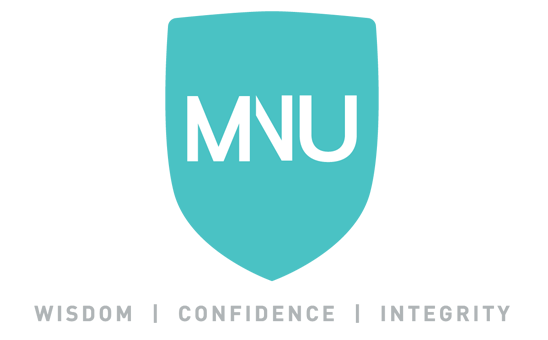Firstly, it’s great that you’re interested in a question like this! Working within an appropriate scope of practice is incredibly important and will help you to abide by the rule of ‘First Do No Harm’.
As an MNU graduate, the knowledge, and skills you’ve obtained through MNU, in combination with your experience, determine your individual scope of practice. This means that you should only take on work/work with clients that are appropriate to your knowledge and skill level. You should also understand and appreciate the limits of your own knowledge and practice so that you’re always delivering nutrition support that is safe, effective, and lawful.
If you’re just starting out and have minimal experience working with clients, we’ve provided some guidance on the stages of working with your first client HERE.
We have also provided some examples of clients/situations that would be outside of an appropriate scope of practice as an MNU Certified Nutritionist below.
[Please note, this list is not exhaustive]
- Claiming or implying that you can diagnose, manage or treat medical conditions
- Advising clients to take/stop/adjust medications
- Working with clients who have been diagnosed with an eating disorder
- Supporting clients within clinical situations that have not been extensively taught on MNU e.g. Type 1 Diabetes
- Prescribing restrictive diets within specific clinical situations/for clients diagnosed with a medical condition e.g. Low FODMAP diet for IBS; ketogenic diet for epilepsy; very low protein diet for CKD
- Prescribing corrective doses of vitamins/minerals
- Prescribing meal plans*
It is always better to be safe than sorry, therefore if you have reservations about a particular client or situation, or you feel like a situation is progressing to something that could become outside of your scope of practice, then this is a good sign that you should take a step back, seek assistance and refer out to a suitably qualified professional. In such instances, you may still be able to support the client as part of a larger multidisciplinary team, but this decision will largely be determined by the medical practitioner or health professional that takes the clinical lead post-referral.
If you’re ever unsure, please use the Mentoring Lab Support Group to get input from industry mentors and other members, and/or contact the MNU team via email. Working outside of an appropriate scope of practice puts your MNU Certified Nutritionist qualification and title at risk.
*For more information on meal plans, check out ‘Can I provide meal plans for my clients?’
